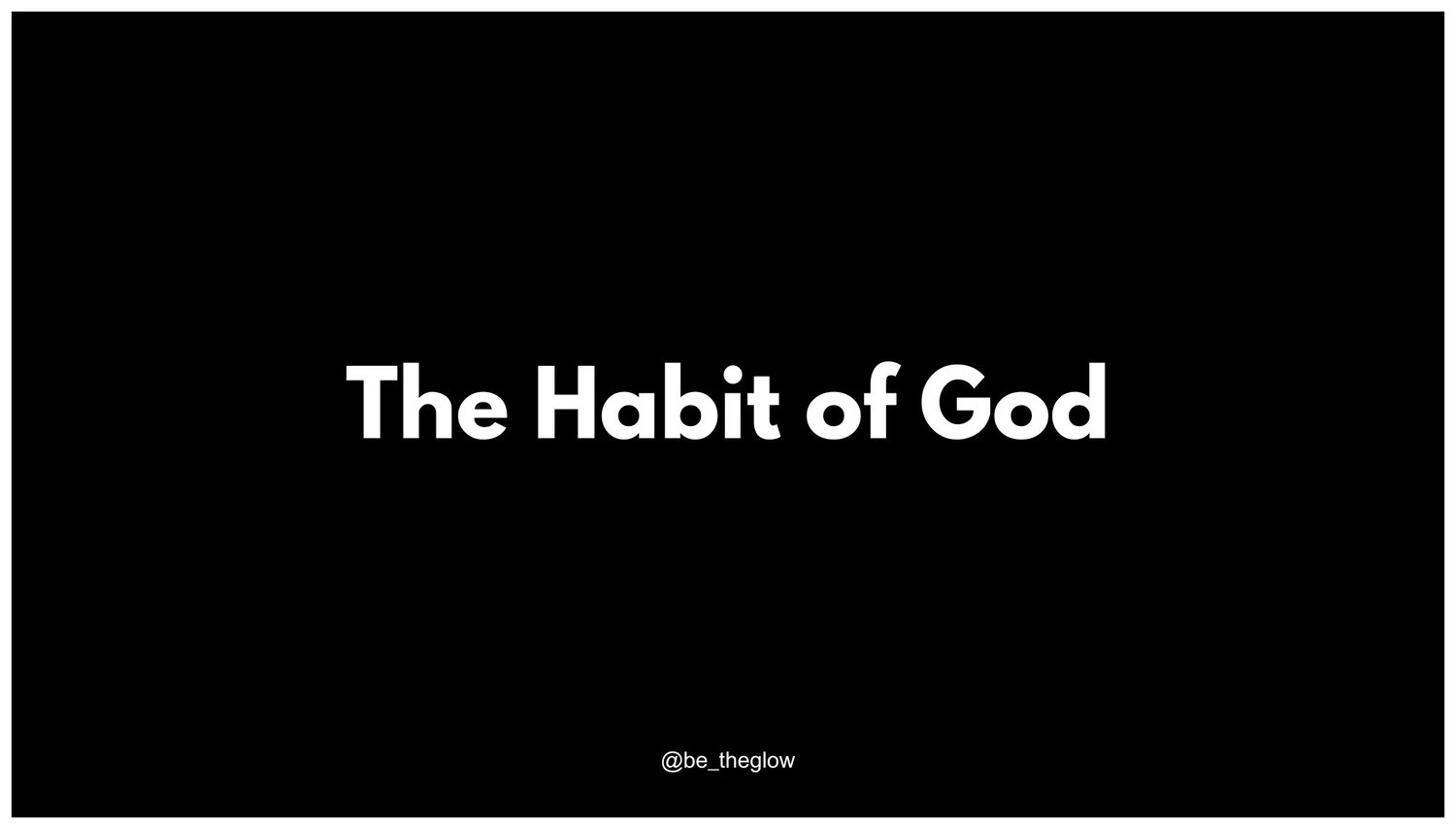I’ve tried to put into words the questions we usually leave unanswered. If you’re curious about the corners of life we rarely visit, you might want to see my ebook.
If you don't feel like reading, you can watch the video here.
Most people think freedom is doing whatever they want, whenever they want. They think success is luck, opportunity, or discipline in vague forms like reading, working out, or meditating. They ignore the invisible drains—time wasted, favors given for free, energy spent on things that don’t matter. This habit exposes them.
It’s simple but ruthless: keep a personal ledger of every commitment, favor, time spent, and money moved—and review it weekly to see what’s truly costing you, and what’s actually giving value.
Why this works
Power lives in accounting. Empires rise when someone keeps track. Wealth is built when you stop pretending obligations are invisible. Most people wander blindly, saying yes to everything, giving away hours, energy, and money without awareness. Your ledger makes it visible. It gives leverage, control, and clarity.
Step 1: Record Everything
Every time you:
- Commit to something (work, favors, calls, appointments)
- Spend time on anything significant
- Give or spend money
…write it down immediately. Just three things:
- What it is – Help neighbor move boxes
- Who it’s for – Neighbor, Mr. Ahmed
- Cost – time in minutes or money
Examples:
- Review client report, 60 minutes, Wednesday
- Send birthday gift, $40, Thursday
- Tutor cousin, 90 minutes, Friday
Keep it simple: notebook, notes app, spreadsheet—whatever you’ll actually use.
Step 2: Reconcile Weekly
Once a week, review all entries. Add up totals. Ask:
- What am I spending most time on?
- What’s draining me without return?
- Which favors or commitments could be delegated, refused, or converted into compensation?
Example:
- You realize tutoring your cousin costs 6 hours a month but brings nothing back. You decide: either charge $15/hour, trade your time for something valuable, or politely refuse next month.
- You notice you spend 3 hours answering non-urgent emails that waste focus. You set a strict “check email only twice daily” rule.
Step 3: Take Action
The ledger isn’t just observation—it’s negotiation with your own life. Once you see the hidden costs, act:
- Refuse what drains you silently and politely.
- Monetize favors or your extra time.
- Delegate or automate what doesn’t need you.
- Prioritize what actually matters, because now you know the price of ignoring it.
Step 4: Make it Habit
- Daily: 60-second rule—record commitments immediately.
- Weekly: 30-minute review and reconciliation.
- Monthly: Identify two recurring drains or invisible expenses to eliminate, monetize, or negotiate.
Examples in real life
- Time: You notice every week you’re spending 2 hours on unpaid favors that don’t return value. Ledger shows it. You start refusing politely. Suddenly, 2 extra hours open up every week for side projects or rest.
- Money: Small, repeated “free” contributions—$10 coffee here, $15 dinner there, $5 app subscription you forgot—add up unnoticed. Tracking reveals $200/month wasted. You stop it. That’s thousands a year reclaimed.
- Energy: Emotional drains, endless phone calls, or minor obligations add invisible weight. Ledger reveals them. You set boundaries. Energy spikes. Life feels lighter, more intentional.
Why it doesn’t feel restrictive
At first, it’s shocking. Writing down every obligation feels like chains. But clarity is freedom. You stop wandering blindly and start choosing where to spend your life. You can say no without guilt. You can invest energy where it matters. You’re free, but now consciously.
The golden rule: keep it simple. The ledger isn’t perfection. Don’t moralize every entry. Don’t punish yourself or others. Its only purpose: to make invisible costs visible, actionable, and negotiable.
Start today:
- Grab a notebook or notes app.
- Write down one commitment, favor, or expense today.
- Record three things: what, who, cost.
- At week’s end, review and act on one invisible drain.
Do this for 30 days, and you’ll see patterns you never noticed. Six months in, life starts bending in ways you never imagined. You gain control over time, energy, money, and relationships. You stop being a victim of invisible obligations. You start operating at a level most people never reach.
This is more than a habit. It’s a personal system of accounting that transforms how you live. Gods keep accounts; humans ignore them. Start keeping yours.



Comments ()